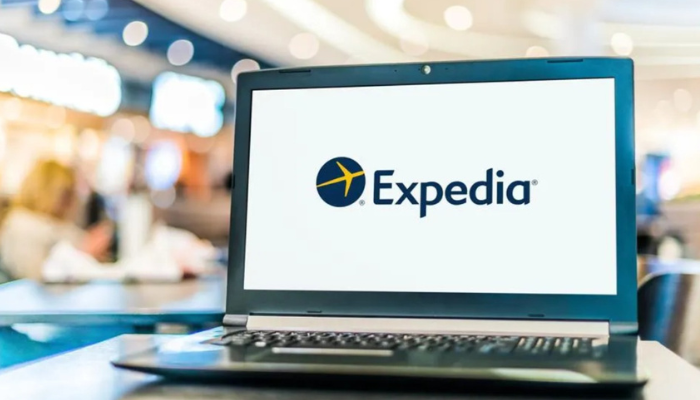Tech firms leverage AI to enhance services; Expedia plans personalized travel recommendations, aiming to shift users from search engines in vacation planning.
Rajesh Naidu, Chief Architect and Head of Data Management at Expedia, informed The Verge that the company is striving to encourage users to organize their trips within a single platform. The system will provide suggestions derived from its extensive flight and hotel information database, taking into account users’ travel preferences.
Naidu mentioned, “Through training expansive language models on our extensive 70 petabytes of accumulated data, we aim to suggest destinations to visit, accommodations, activities, and continuously enhance and personalize these recommendations.
In addition to providing AI-driven customer service functionalities, the company aids property owners in detailing their residences and hotels. In the U.S. vs Google antitrust trial, Ex-Expedia CFO Jeff Hurst stated that, despite escalating payments to Google for advertising space, the website’s traffic failed to rise after the search engine started displaying flights and hotels.
Google Travel for hotel, fights
Google offers a travel service named Google Travel, initially released on Android and iPhones. However, the company discontinued the app, and it is now accessible solely through a web browser. In addition, Google Search remains a popular destination for checking flight tickets, hotels, and crafting vacation itineraries.
Google has incorporated generative AI capabilities and introduced the Bard AI chatbot to assist users in accessing information presented in a user-friendly format.
Microsoft’s Bing Travel
With Copilot, Microsoft Bing now features a designated area to facilitate ticket and hotel bookings, along with car rental options. Additionally, it presents users with high-quality images, videos, and articles from the internet in an accessible format.
